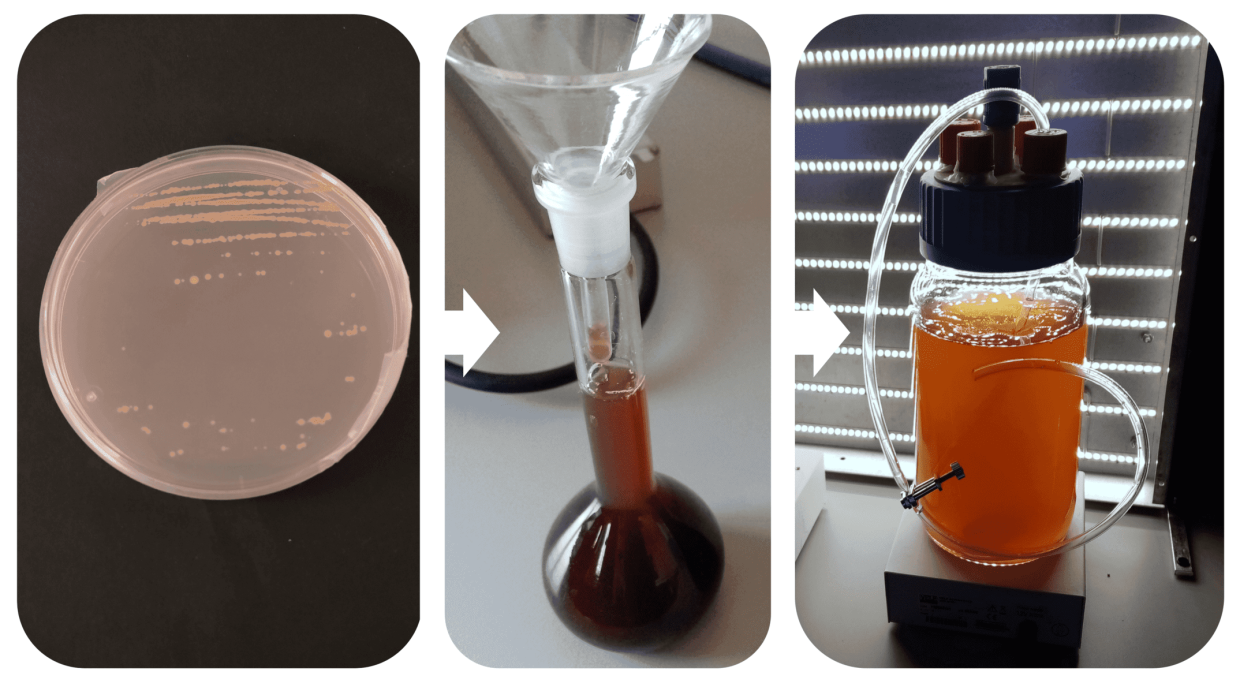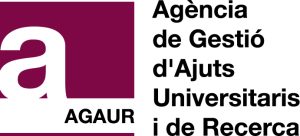Alter(Pro)2
Alternative Protein Production

-
Grant agreement ID: 2021 LLAV 00069
-
Total project budget: 20.000€
-
Start Date: 12/10/2022
End Date: 11/07/2023
Food production and processing generate high levels of waste and by-products. In the EU, around 88 million tons of food waste are generated annually, representing an estimated 20% of the total food produced. At the same time, 33 million people cannot afford quality meals daily. Projections for the future are alarming, as more high-quality protein will be needed with the expansion of the population and expected changes in the diet in developed countries.
The food industry is looking towards new technologies to treat their waste/by products and avoid incineration and landfill which exhibits high costs and greatly impact on environment as air pollution/greenhouse gas (GHG) emissions. In this context, resource recovery, preferably as high value products, is becoming an integral part of industrial waste management. One of the main technologies which are currently being studied for this purpose is microbial protein production, also called single cell protein (SCP) production.
Within the SCP alternatives, purple non-sulphur bacteria (PNSB) strike as a great alternative to explore since they show high growth rates in a variety of cultivation mediums (including waste streams), can derive their energy from light (phototrophic) and can obtain their carbon source from atmospheric CO2 (autotrophic).
Even though PNSB have being studied for quite some time, on one hand, research results show that production costs are somehow still high to make this protein recovery technique economically feasible. On the other hand, the use of solid food industry by-products has not been addressed thoroughly.
ALter(Pro)2 objectives include the PNSB production for valorizing the plant-based beverage`s by-products in order to produce protein-rich biomass. The obtained PNSB biomass will be compared with the quality of commercially available feed ingredients and food additives. Positive results from this project will help to develop this waste valorization technology, close the N loop in the food industry and enhance the potential access to protein rich food for a growing population.
This project is linked to the Knowledge Industry grants (Llavor i Producte) and has the support of the Department of Research and Universities of the Generalitat de Catalunya.


